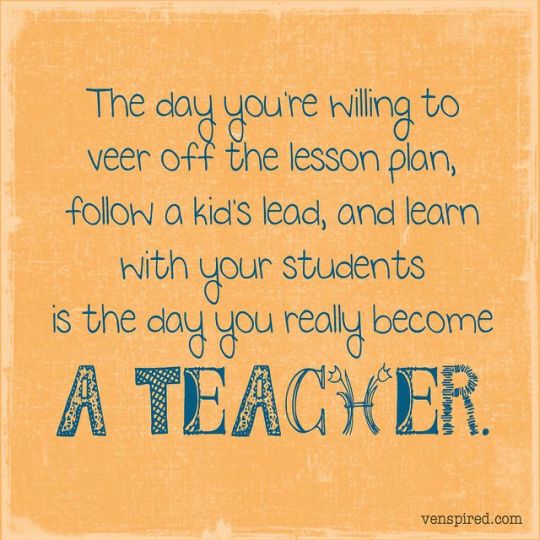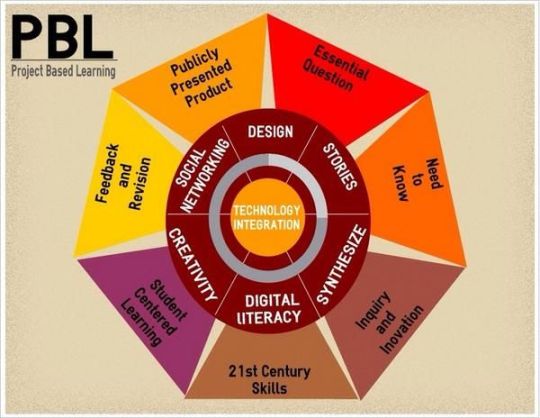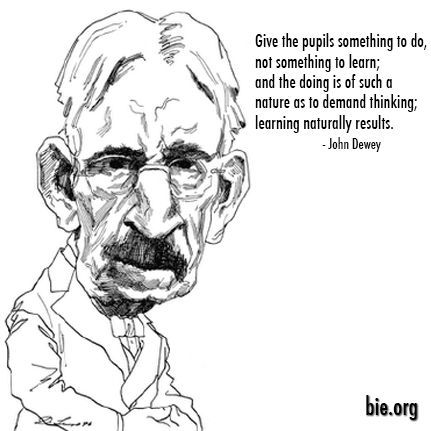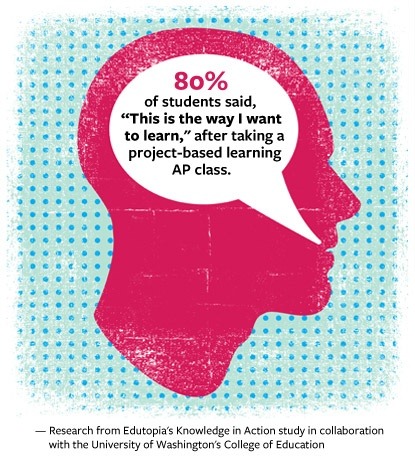My inquiry to how problem-based learning can improve education, specifically in the math classroom.
Don't wanna be here? Send us removal request.
Link
A 1961 reform doubled the number of Italian students graduating with STEM degrees. But wages actually went down.
What is the direction of the STEM focus? What do we really want to teach students and prepare them for? In my opinion, we don't necessarily need to "push" students towards STEM fields or heavily encourage majors under this broad characterization. I think that we need to prepare students for thinking in the problematic way necessary for the 21st century job force, especially STEM fields, as technology is advancing exponentially. It is not enough to get a degree in a STEM field. What good is a degree without a true desire to problem solve and learn? Without this basic foundation of appreciation of STEM concepts, the value of a STEM degree could decline, as students are not passionate about expanding and further developing the knowledge of their field.
To this, I suggest an increase in focusing education to student interests and desires. Students are not guaranteed to suddenly fall in love with physics simply because of the school system's wishes and efforts. We need to provide good foundational education where students can explore different subjects and fields so they start to find a sense of what they might be interested in. Then, they should be able to pursue education that supports that goal. Furthermore, they should still be able to change their educational direction. It should not be a punishment to discover that you might not be interested in something you thought you were. Let students direct their education so they can be passionate about their careers. This is how we increase the value of degrees, and the progression of all career fields, including STEM.
1 note
·
View note
Quote
He was an adult who was quiet enough to see the actual human being in front of him, and not who he expected the person to be. Children have multiple layers; they are what they show you on the outside, and the depth of their greatness is on the inside
-Henry Winkler http://www.greatschools.org/special-education/health/977-henry-winklers-dyslexic-hero.gs Get to know your students as individuals.
4 notes
·
View notes
Video
youtube
An Introduction to Project-Based Learning Real Tasks to Challenge Students!!
0 notes
Photo

Your teaching is only relevant if it is based on student interests. Follow their curiosities! Demonstrate to them that inquiry is important for learning and that their inquiries matter!
#PBL#student centered learning#student driven instruction#student centered curriculum#education#ProblemBasedLearning#RealProblems#RealSolutions
0 notes
Link
Educators from High Tech High in San Diego, California, and the Whitfield Career Academy's 21st Century Learning Academy in Dalton, Georgia, have provided these resources for you to use in your own school.
1 note
·
View note
Photo

The many facets of Project Based Learning
0 notes
Link
Sample resources and possible potential to free access to the rest of the resources?? I need to e-mail them (after finals)
0 notes
Photo


0 notes
Quote
Imagination is the source of every form of human achievement. And it’s the one thing that I believe we are systematically jeopardizing in the way we educate our children and ourselves.
Video of Sir Ken Robinson on How are you Intelligent? (via creativesomething)
210 notes
·
View notes
Photo

2 notes
·
View notes
Link
"One fairly common difficulty experienced by people with math problems is the inability to easily connect the abstract or conceptual aspects of math with reality." Using math problems that model issues in the community helps students see the connections between the abstract model and the real situation. It is especially beneficial to use issues in the community because it builds relevance between the subject and the student. The math problem then becomes their problem, and they get to work toward a solution. As they work toward feasible solutions using math, the students can see how they can make a difference in the world around them using the information they are learning right now! I love the idea of having a bulletin board in my classroom where students can post questions they have or issues they see that they would be interested in finding solutions for. This would encourage students to actively seek problems around them and troubleshoot for solutions. This must be scaffolded and modeled by the teacher, but I think that if students see a model that works and can help them find a solution to a real problem, they will be more motivated to see the extent of the problems they are able to solve. This is 21st-century learning!!
#MathEducation#Math Struggles#ProblemBasedLearning#Service Learning#CommunityBasedLearning#Community Connection#21st century learning#Students as Civic Leaders#student centered learning
0 notes
Link
I am so excited to say I have been invited to this conference in April!! Can't wait to see all of the great ideas and projects that are out there!
0 notes
Link
Students taking initiative!
#ServiceLearning#ProblemBasedLearning#RealWorldProblems#RealWorldSolutions#student centered learning#Students as Civic Leaders
0 notes
Link
Cool example of how project based learning can help students get in touch with their creativity and go above and beyond expectations TO LEARN! (Thanks to my prof. for sharing this with me)
0 notes
Quote
However, I continue to try and I continue, indefatigably, to reach out. There’s no way I can single-handedly save the world or, perhaps, even make a perceptible difference - but how ashamed I would be to let a day pass without making one more effort.
Isaac Asimov (via wordsnquotes)
#Isaac Asimov#Make a Difference#Education for Change#ProblemBasedLearning#RealWorldProblems#RealWorldSolutions
1K notes
·
View notes
Link
0 notes
